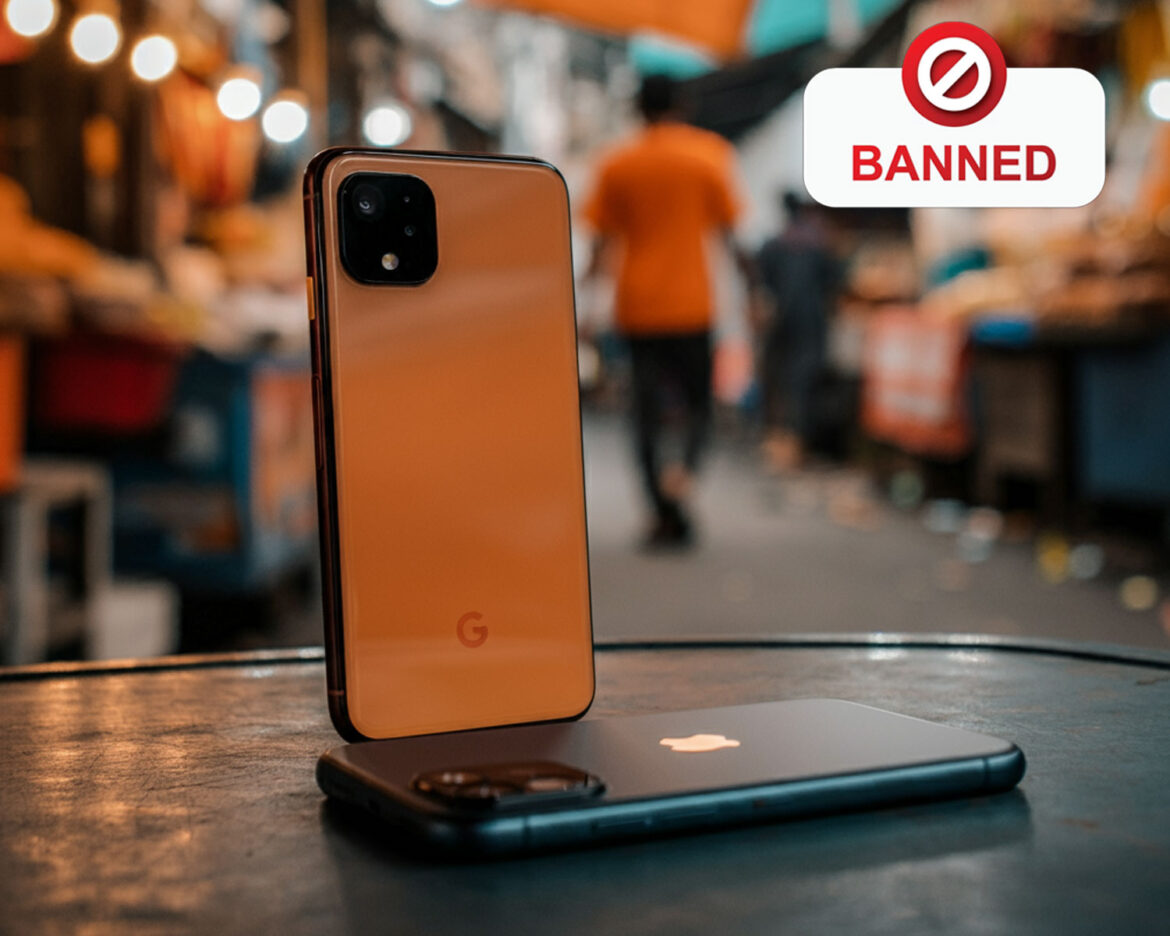In a surprising escalation of regulatory actions, Indonesia has announced a ban on Google Pixel phones, following a similar prohibition on Apple’s iPhone. This decision comes as part of the Indonesian government’s efforts to enforce local manufacturing regulations and promote domestic production in the tech industry.
The Ministry of Communication and Information Technology (Kominfo) cited non-compliance with the local content requirements that mandate foreign tech companies to source a significant portion of their components from within the country. This regulatory framework aims to support local manufacturers and stimulate economic growth by ensuring that international brands contribute to the domestic market.
The ban has elicited strong reactions from consumers and technology enthusiasts, many of whom are disappointed by the restricted access to popular smartphones known for their innovative features and capabilities. The Pixel line, in particular, is celebrated for its camera technology and software integration.
This move not only raises concerns about consumer choice but also highlights the growing trend among countries to prioritize local production over foreign imports. As tech companies evaluate their operations in Indonesia, the implications of these bans could reverberate throughout the Southeast Asian market.
With the tech industry rapidly evolving, it remains uncertain how other major players will respond to Indonesia’s regulatory landscape, and whether similar actions may be taken in the future against other international brands.



